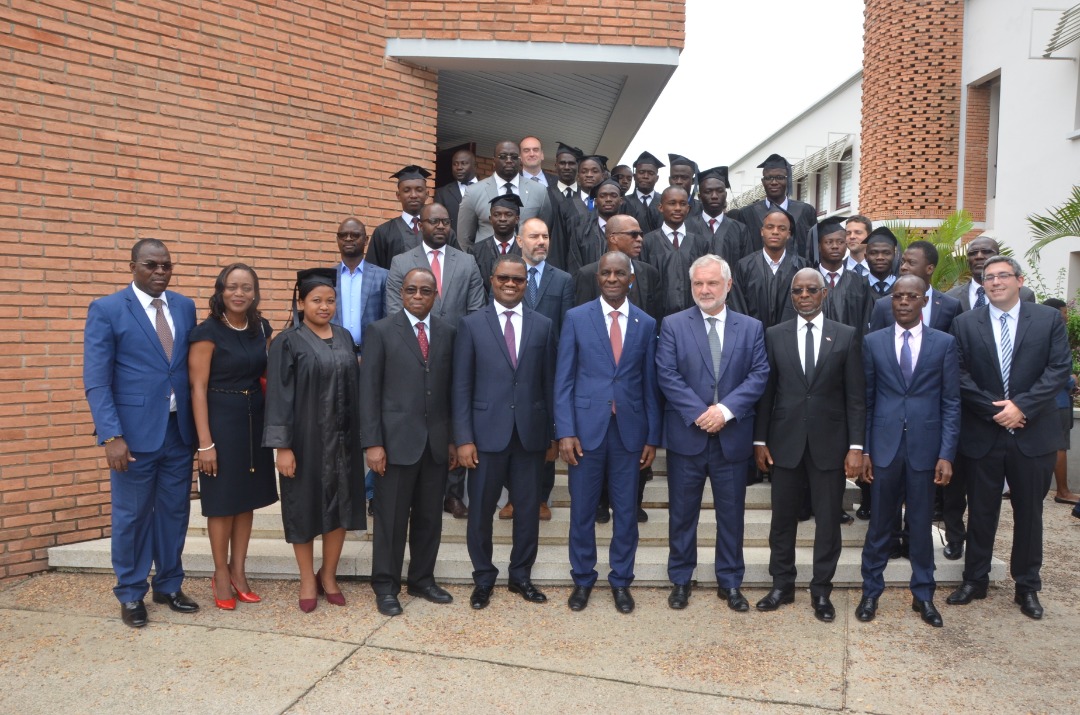The Ecole Nationale Supérieure de Statistique et d d’Economie Appliquée (ENSEA) of Abidjan opened in 1999 a specialisation in Finance and Actuarial Science in the 3rd year of its Engineer in Statistics and Economics (ISE) Programme. This Master’s degree is a double degree open to students in the ISE Programme of ENSEA, as well as those in the HEA Courseof INP-HB. The students who have chosen this course will receive the double degree at the end of their training: the Degree of Engineering in Statistics and Economics (ISE) as well as the Degree of Actuarial Science of ISFA of Lyon.
Objectives
This project, which is part of the 2016-2020 strategic plan, specifically aims to:
- Respond to the growing need in West and Central African countries for training in actuarial science, finance and financial mathematics
- Support the development of actuarial and financial techniques that meet the needs of the private sector in Africa and promote their use
- To popularize the statistical tool in the financial industry of West and Central African countries
- To increase ENSEA’s reputation as a credible partner for training and assistance to the private sector, particularly banks and insurance companies
Approach
The implementation of this project is articulated around 3 axes:
1. Strengthening initial training in Finance and Actuarial Science
This involves :
- Setting up a double curriculum in the training system in Côte d’Ivoire with a view to obtaining a Master’s degree in Actuarial Science in partnership with ISFA in Lyon
- Cover the international standards set by the International Actuarial Association.
- To meet the specific needs of the banking and insurance sectors in West and Central African countries.
2. The development of a continuing education offer in finance and actuarial science
The aim is to make training available to private individuals, national insurance departments and individuals:
- Continuing education leading to a diploma
- Short courses leading to certificates
3. Development of research on finance and actuarial issues
The aim is to set up a framework for identifying problems specific to Africa, to find answers to them, and to systematically popularize the solutions developed through teaching and also by offering expert services.
Partnerships
ENSEA is working with several partners to implement this project:
- Technical partners: A partnership has been signed with ENSAE ParisTech and ISFA in Lyon for support in initial and continuing education
- Private institutions: ENSEA is in discussion with insurance groups for the financing of the initial training
- INPHB School of Higher Insurance Studies
Schooling
The double degree spans over 4 semesters.
- The first two semesters end with an actuarial internship introducing the student to actuarial issues (Insurance Department of the Ministry of the Economy, Insurance and Reinsurance Companies, Social Security Institutes, Banks and Financial Services, Actuarial Consultancy Firm)
- The third and fourth semesters will be devoted to learning actuarial techniques. During the last semester, students will be required to work in groups of two on a project that will culminate in the presentation of an actuarial thesis. Students from INPHB High Studies of Insurance will join the program for the 4th and 5th semester instead of their 3rd year internship.
Double Degree Requirements
- Validate the ENSEA Engineering Degree in Statistics and Economics or the INPHB Engineering Degree in High Studies.
- Validate the Diploma of the partner schools, in particular the Master’s Degree in Actuarial Science from ISFA in Lyon.
- Validate the Actuarial thesis, i.e. a minimum mark of 12/20.
- Obtain a minimum mark of 8/20 in each of the specific subjects of the Actuarial curriculum.
- Pass an international English test, in particular the TOEIC or the TOEFL. The minimum score is 60%.


